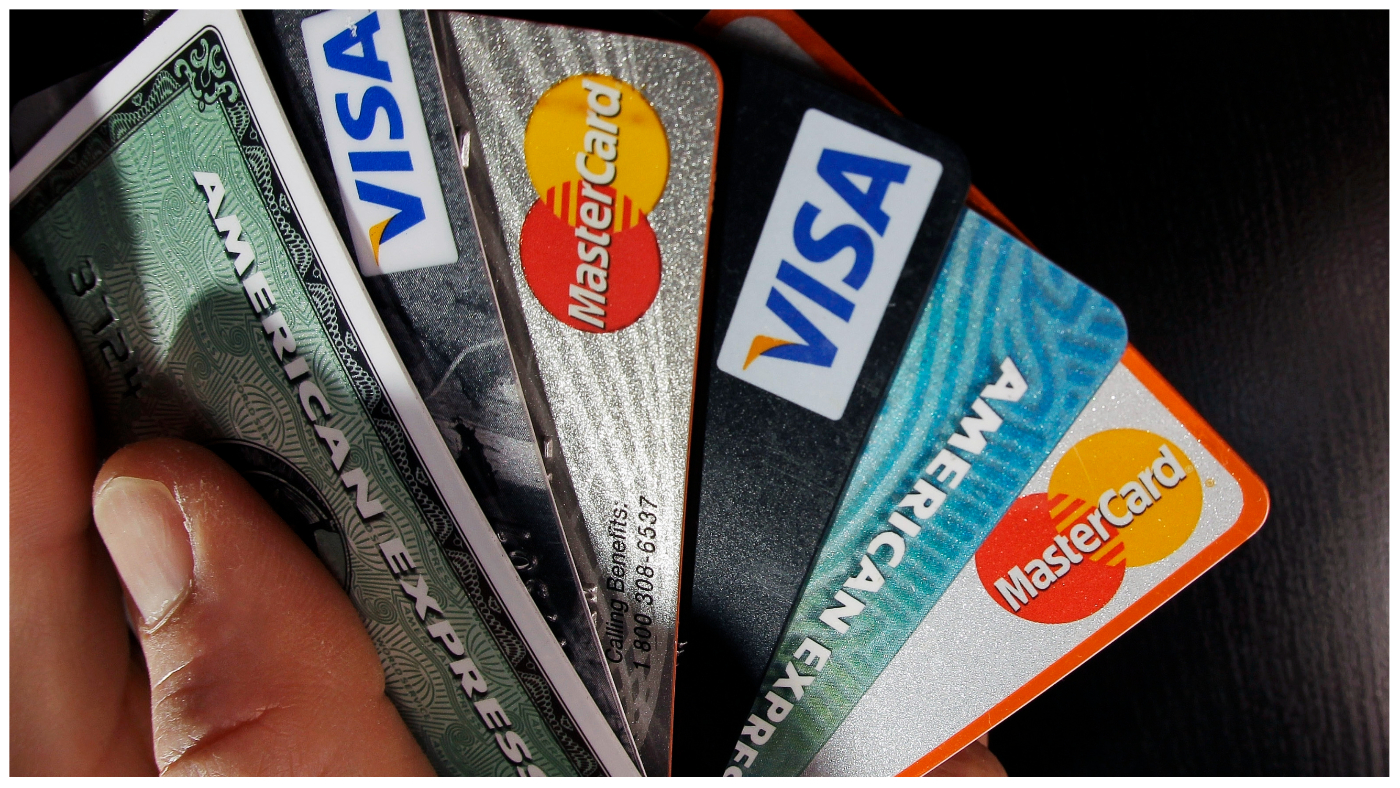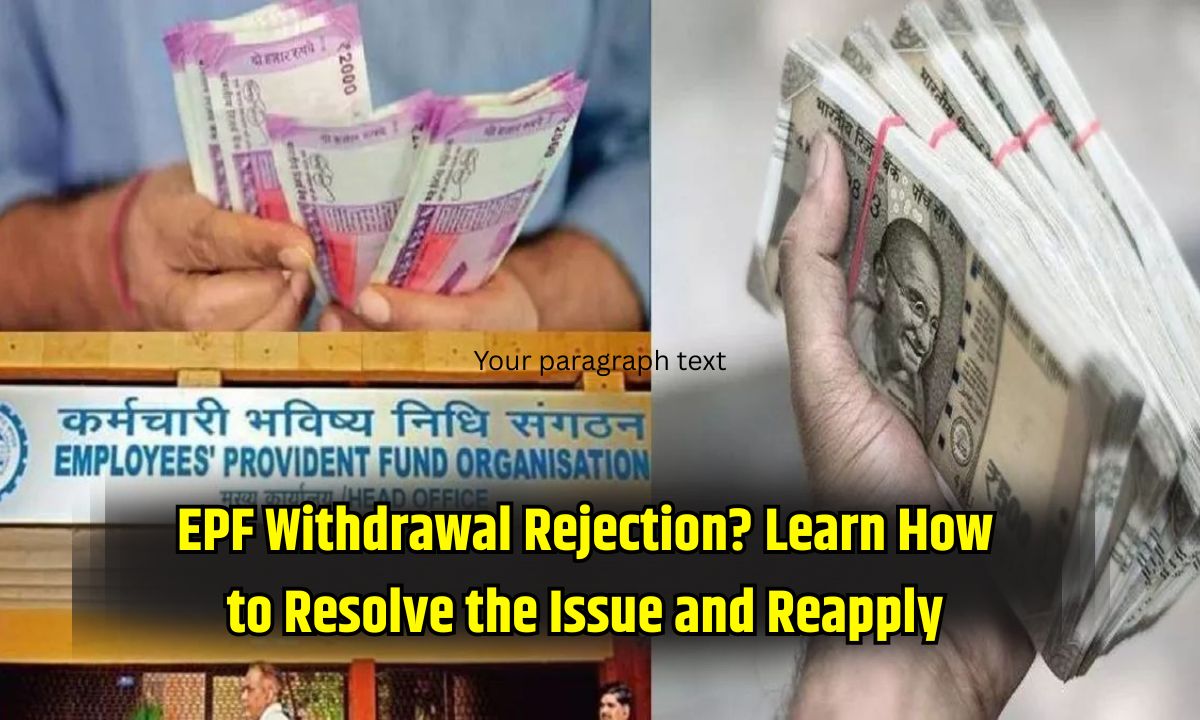Recent news has brought significant changes to credit card usage in India. The Supreme Court has recently lifted the 30% cap on late payment fees for credit cards. This landmark decision overturns a 16-year-old ruling by the National Consumer Disputes Redressal Commission (NCDRRC) and empowers banks to impose higher late fees.
Impact on Credit Card Holders
This ruling has a direct impact on all credit card holders. Whether you occasionally miss a payment deadline or face unexpected financial challenges, you’ll now be subject to potentially higher late fees. Banks can now charge interest rates ranging from 36% to 50% annually on overdue credit card balances.
Understanding the Previous Rules
Prior to this ruling, the NCDRRC had classified charging more than 30% interest on late credit card payments as an unfair trade practice. This 30% cap provided some protection for consumers against exorbitant late fees. However, several banks challenged this ruling in the Supreme Court, leading to the recent decision.
Key Takeaways for Credit Card Users
Prioritize On-Time Payments: The most crucial step is to prioritize timely credit card payments. Set reminders, automate payments, or link your credit card to your bank account for automatic deductions. Read the Fine Print: Carefully review your credit card agreement to understand the specific late fee charges applicable to your card.
Budget Wisely
Create a realistic budget that accounts for all your expenses, including credit card payments. This will help you avoid late payments and the associated costs. Explore Payment Options: Consider exploring different payment options like auto-pay or setting up recurring payments to ensure timely settlements. Contact Your Bank: If you anticipate facing difficulties in making a timely payment, contact your bank immediately. They may offer options like payment plans or extensions to avoid incurring late fees.

Staying Informed:
Keep yourself updated on any changes in credit card regulations and policies. Regularly review your credit card statements and bank communications to stay informed about any changes to late fee structures. Disclaimer: This article is for informational purposes only and should not be considered legal or financial advice. It’s always recommended to consult with 1 a financial advisor for personalized guidance on credit card management and debt-related matters.
Read More :-
Unclaimed LIC Maturity Benefits: A Guide to Reclaiming Your Money
Unlocking Wealth Explore the Lucrative World of Post Office Schemes
Empowering India Farmers A Closer Look at the PM Kisan Samman Nidhi Yojana in 2024
Good News for Ration Card Holders in Uttar Pradesh E-KYC Deadline Extended
Dailynews24 App :
Read the latest News of Country, Education, Entertainment, Business Updates, Religion, Cricket, Horoscope Here. Read Daily Breaking News in English and Short Video News Covers.





















